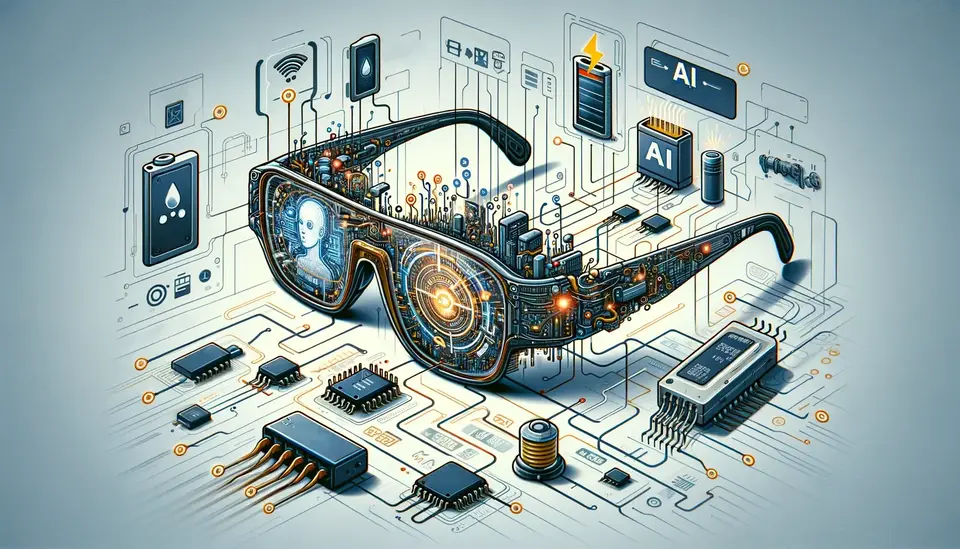Is your personal data safe in Smart Glasses?
Posted on March 25, 2023 3 minutes 549 words
Table of contents
Smart glasses, a rising star in the wearable technology market, have caught the attention of tech enthusiasts and fashion-conscious consumers alike. These innovative devices offer a blend of functionality and style, allowing users to access information, stay connected, and even navigate their surroundings hands-free. However, as smart glasses become more commonplace, concerns about the safety and privacy of personal data have emerged. In this blog post, we’ll delve into the world of smart glasses, explore the potential risks to personal data, and offer some guidance on how to stay safe in this brave new world of wearable technology.
Overview of Personal Data Collection in Smart Glasses
Smart glasses collect a wealth of personal data to enhance user experience and provide customized content. This can include audio and video recordings, location data, biometric information like heart rate, and even facial recognition. While this data can be useful for creating personalized experiences, it also raises questions about how it is stored, processed, and protected.
Potential Risks and Privacy Concerns
As smart glasses collect sensitive personal data, there are several risks associated with data breaches, unauthorized access, and misuse. For instance, cybercriminals could potentially intercept data transmissions, leading to identity theft or financial fraud. There’s also the concern of surveillance and invasion of privacy, especially if smart glasses capture images or videos without the consent of those being recorded. Additionally, personal data could be sold to third parties for targeted advertising, raising even more privacy concerns.
Security Measures Implemented by Smart Glasses Manufacturers
Recognizing the importance of data security, smart glasses manufacturers have implemented various encryption and authentication methods to protect users’ personal information. Software updates help to address potential vulnerabilities, while hardware components like secure elements can store sensitive data safely. Major brands like Apple, Google, and Facebook have introduced security features in their smart glasses, including biometric authentication and end-to-end encryption.

Legal Framework and Regulations
To protect users’ privacy, governments have introduced data privacy regulations such as the General Data Protection Regulation (GDPR) in the European Union and the California Consumer Privacy Act (CCPA) in the United States. These regulations impose strict standards for data handling and grant individuals more control over their personal information. Regulatory authorities play a crucial role in enforcing these standards and holding companies accountable for data breaches.
Best Practices for Users to Protect Personal Data
Users can take steps to minimize risks and protect their personal data when using smart glasses. Some best practices include:
- Regularly updating software to patch security vulnerabilities
- Using strong passwords and enabling two-factor authentication
- Disabling unnecessary features that collect personal data
- Reviewing privacy policies and understanding how personal data is used and shared
The Future of Personal Data Security in Smart Glasses
Privacy-preserving technologies like differential privacy and federated learning are being researched and developed to help improve data security in smart glasses. Additionally, artificial intelligence and machine learning techniques can be leveraged to identify potential threats and enhance data protection mechanisms.
Conclusion
As smart glasses continue to evolve, the importance of staying informed about personal data security cannot be overstated. By understanding the risks, staying up-to-date on security measures, and taking responsibility for our own data, we can enjoy the benefits of wearable technology while safeguarding our privacy.








